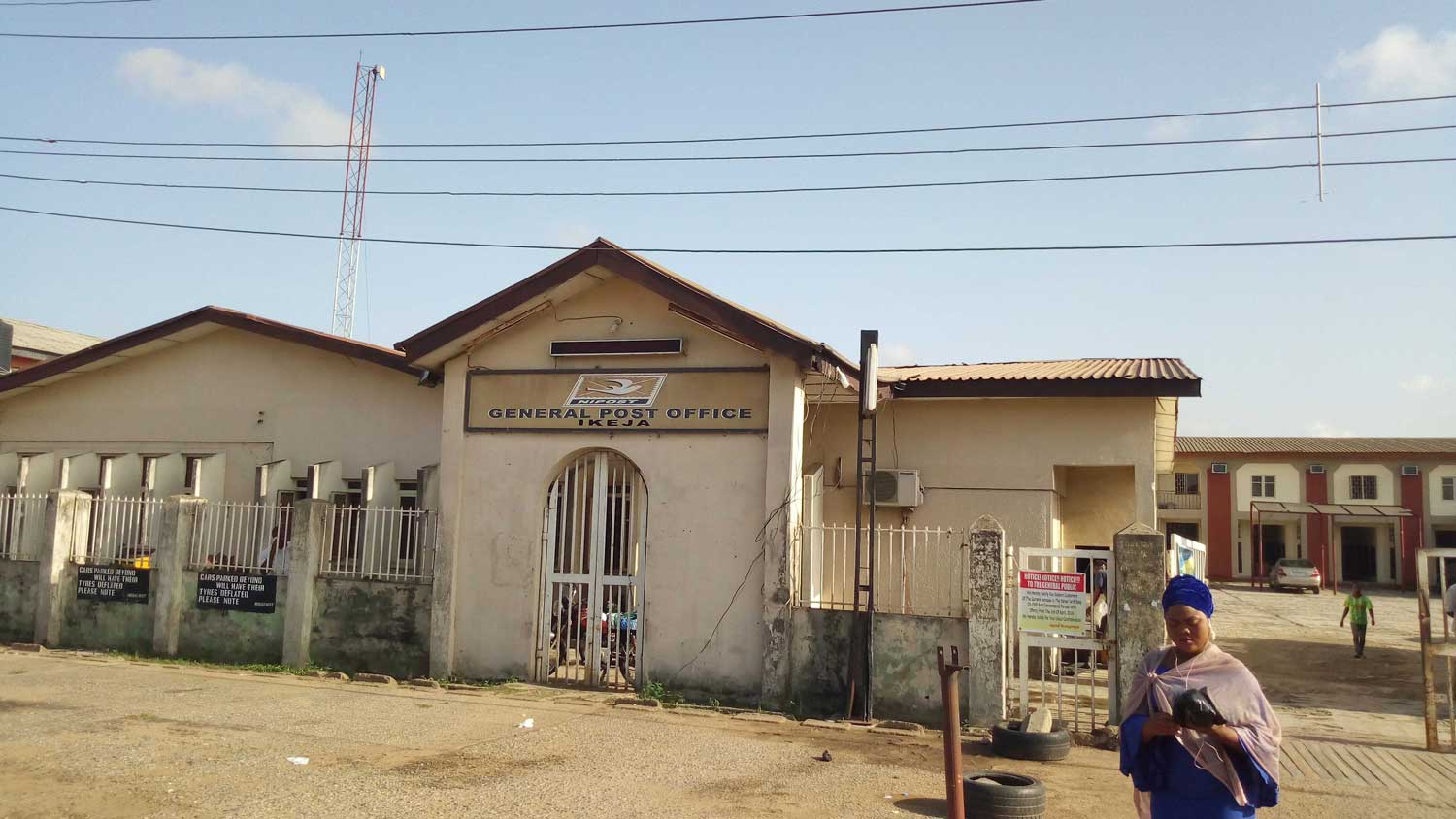The news
- A bill to make late and non-payment of salaries and pensions illegal in Nigeria passed the second reading on September 27, 2022, in the House of Representatives. This also covers the underpayment of salaries, pensions, and arbitrary wage deductions.
- The bill, named Employees/Workman (Unpaid Wages Prohibition) Bill 2016, was proposed by the Speaker of the House, Femi Gbajabiamila, on March 7, 2019, and passed its first reading in July of the same year.
- While this bill still has to go through several phases before it becomes law, a successful passing would expect defaulting employers to pay up to 30% of owed benefits in addition to the outstanding salary and/or face other penalties, including imprisonment, depending on the duration of late payment.
Why is this necessary?
It goes without saying that enforcing employment rights still has its shortcomings in the country. As is stipulated within employment contracts, among other things, the employer-employee agreement binds the latter to commit to work for the former under certain terms in return for a wage or salary.
Ordinarily, not paying this wage/salary only means that the employer is violating their end of the contract, and there is barely any implication to that. This breach of contract can only be taken to civil courts and other dispute-resolution platforms. However, Nigerian lawmakers want to make sure that salary payment is done without delay while proposing that refusal will pass for a punishable criminal offence.
The implication of the bill
This bill, if passed, will protect employees both in the private and public sectors, whether they are permanent or contract workers.
The severity of the penalty on employers will be determined by the number of days that salaries/wages have been delayed.
Under seven days, the employer will have to pay an additional 10% of the month's salary/wage. Between eight and 30 days, it attracts 20% of one month's salary to be paid in addition to the outstanding payment.
If it is delayed for two months, the employer will be expected to pay an extra 30% of two months' salary in addition to the benefits owed. And for an employer that refuses to pay salaries for more than two months, the penalty will be 30% of the number of months owed and a month's imprisonment.
Ironically, despite the hope that this presents to the average Nigerian worker, salary delays have become commonplace in the Nigerian civil service, especially at the state level.
In August 2022, BudgIT, a civic-tech organisation, reported that 12 states owed workers salaries and pensions for at least a month, while some have gone on for over six months. Although Edo and Imo states debunked this allegation, it goes to show the level of enforcement that would be required if the bill becomes law.

Suck at managing people?
Give it a try, you can unsubscribe anytime. Privacy Policy.






















